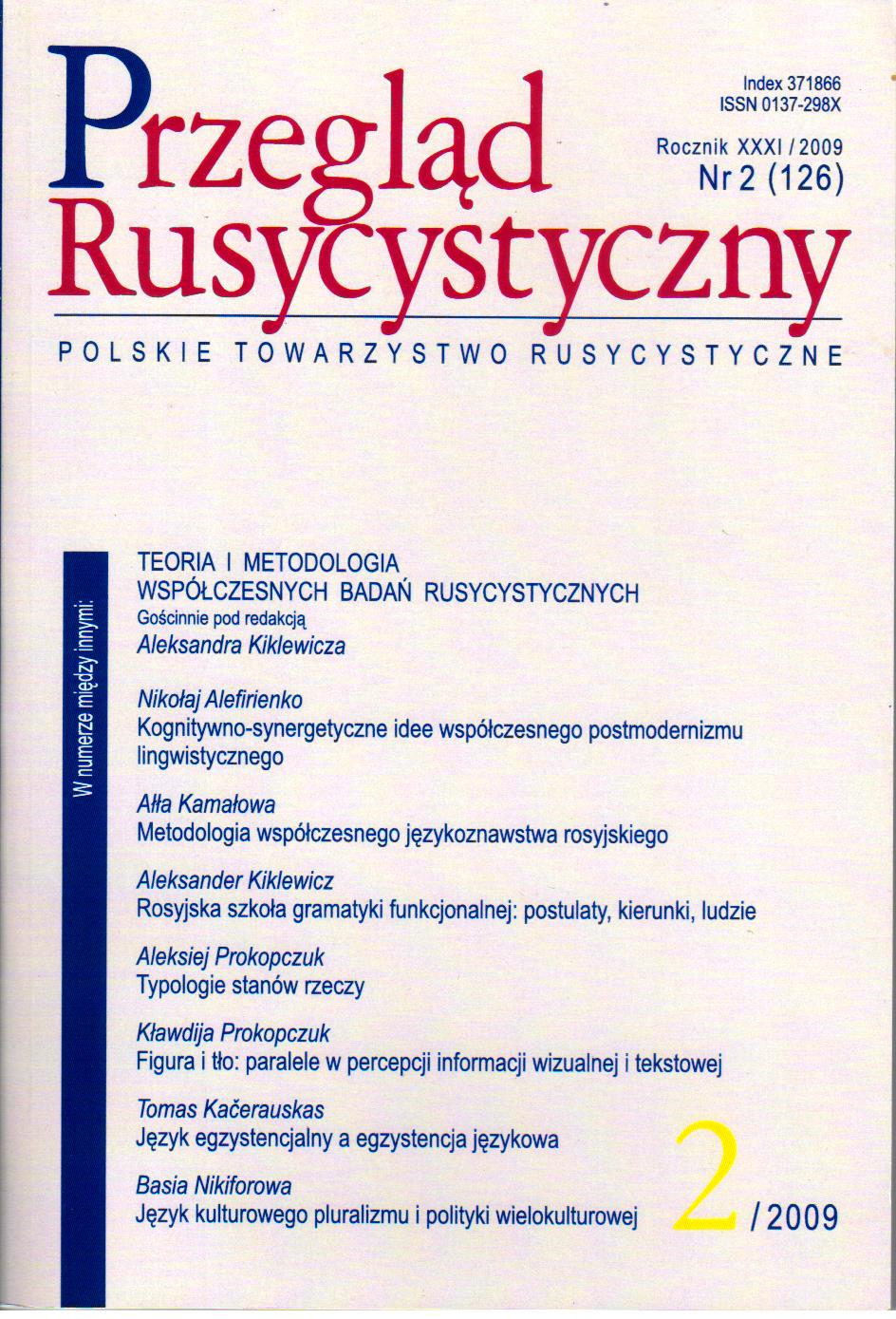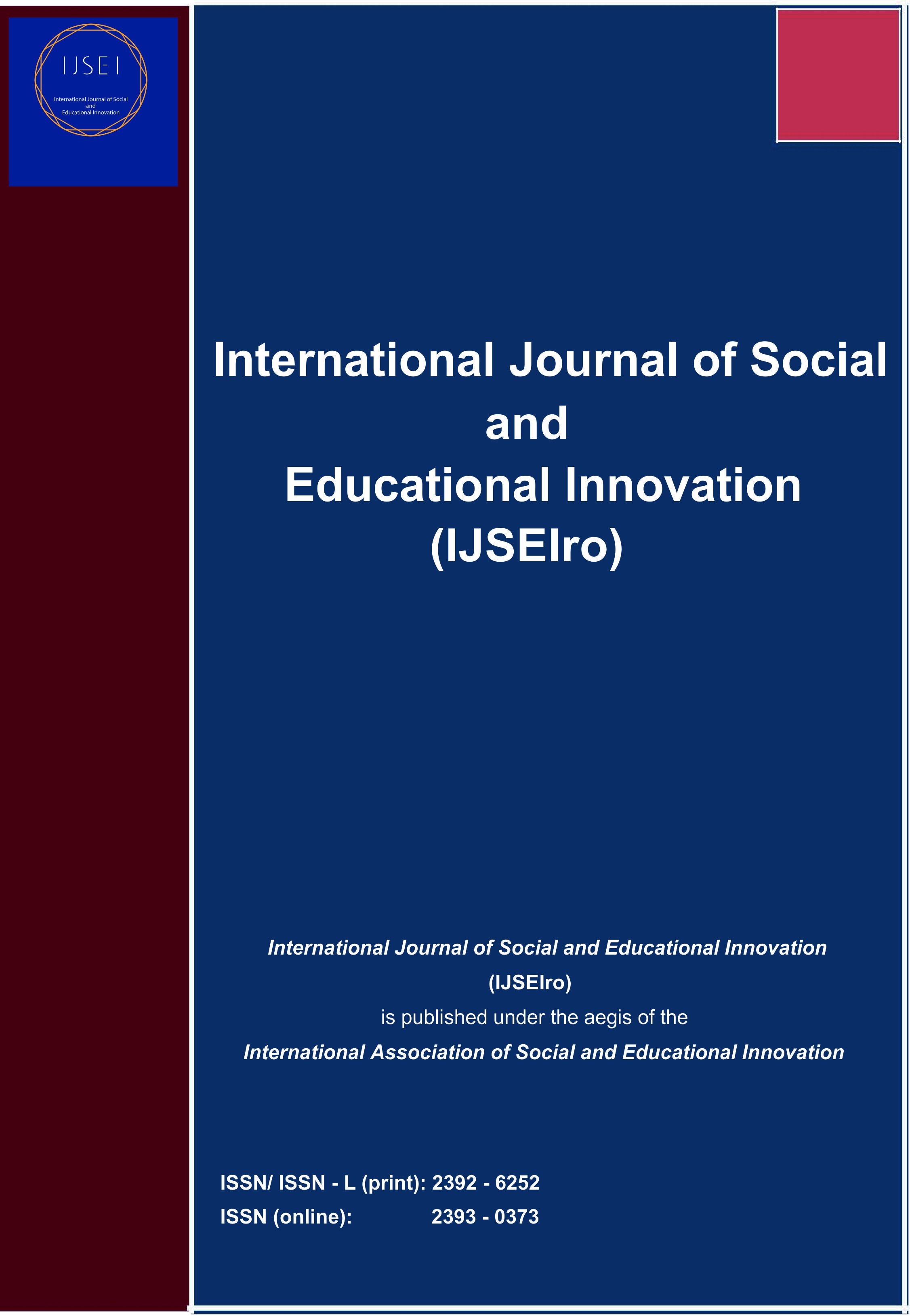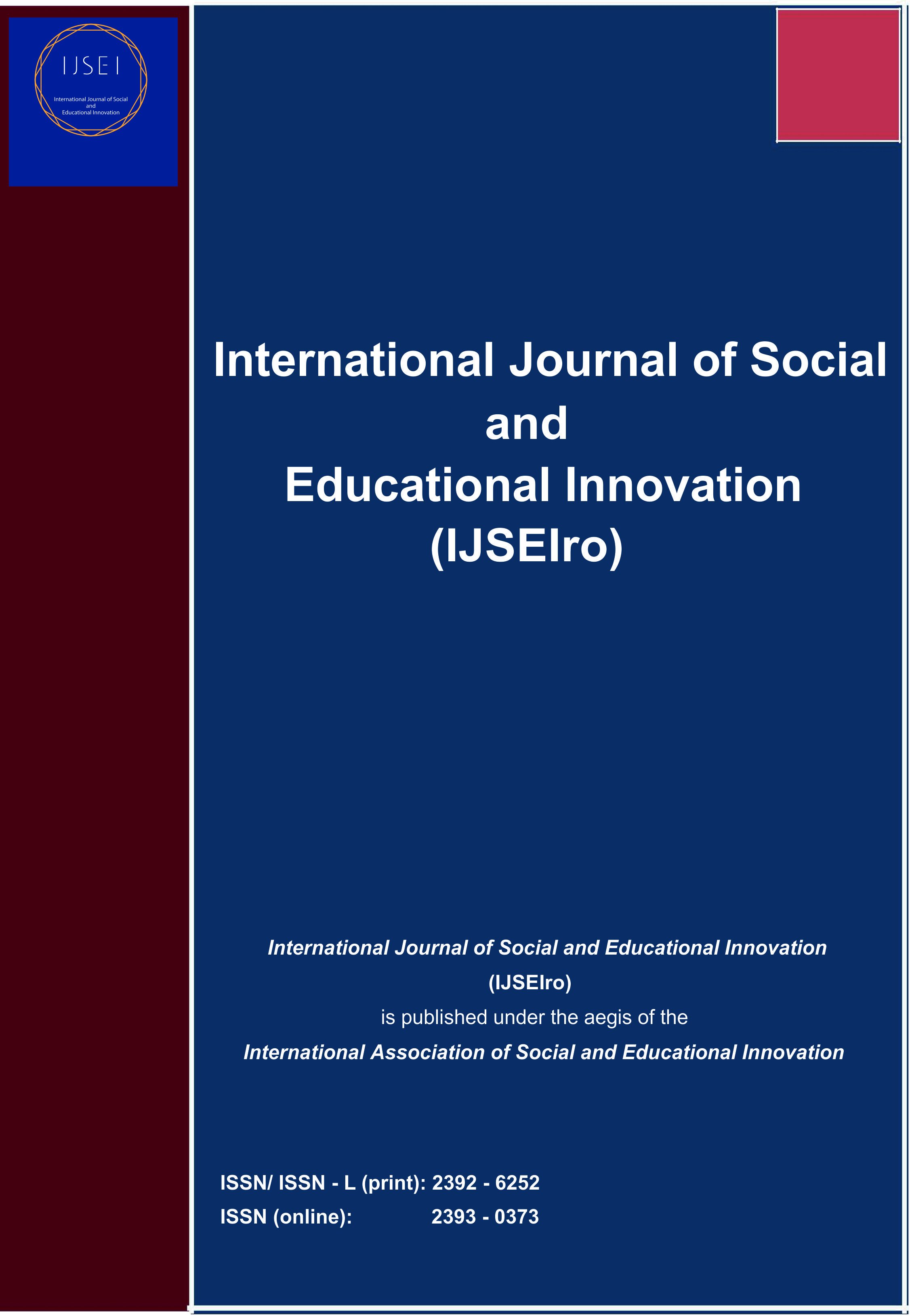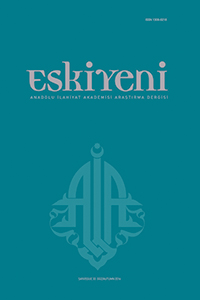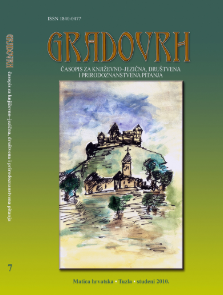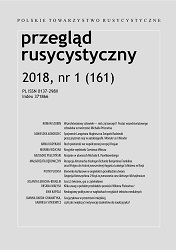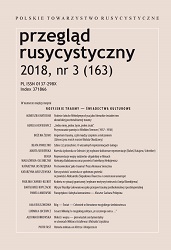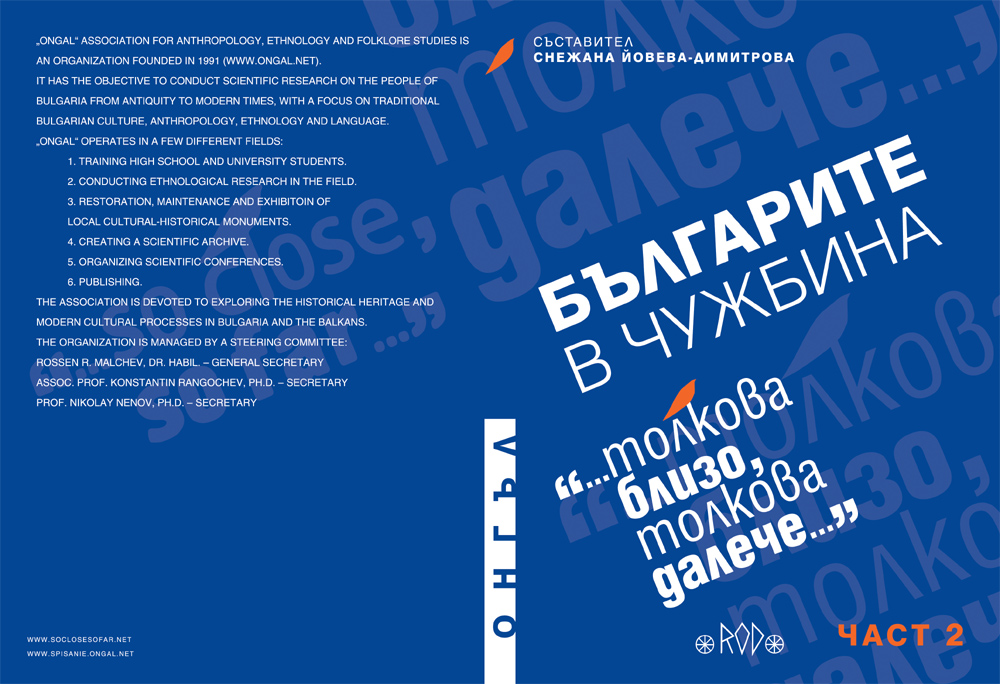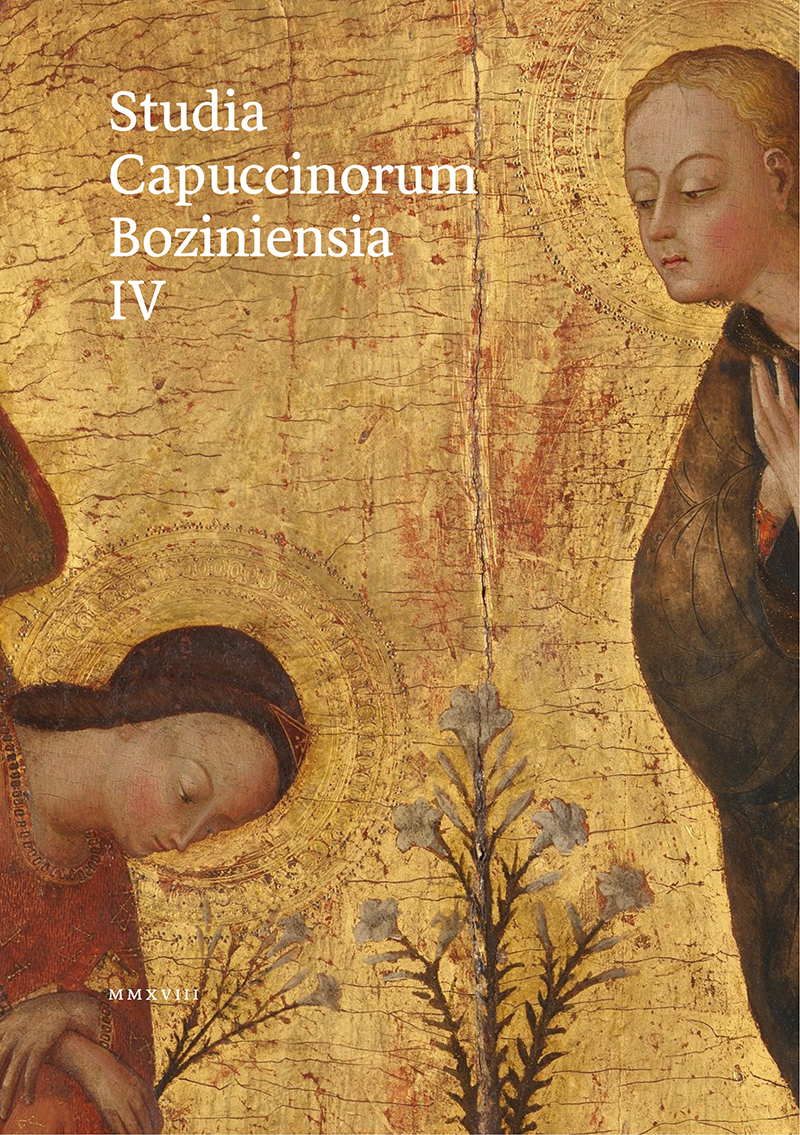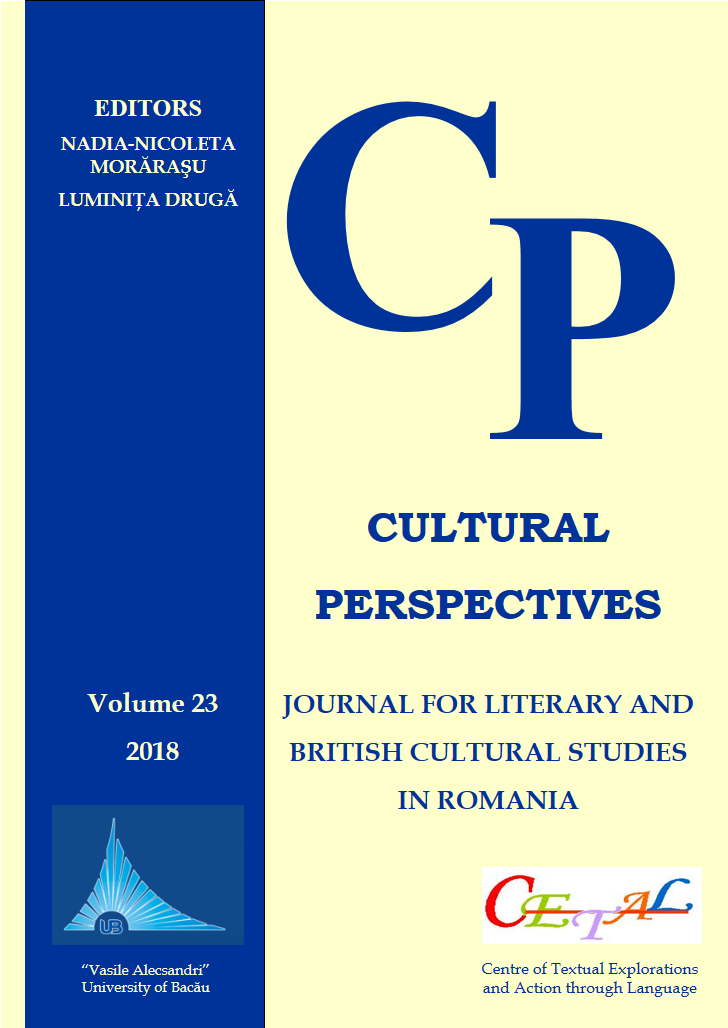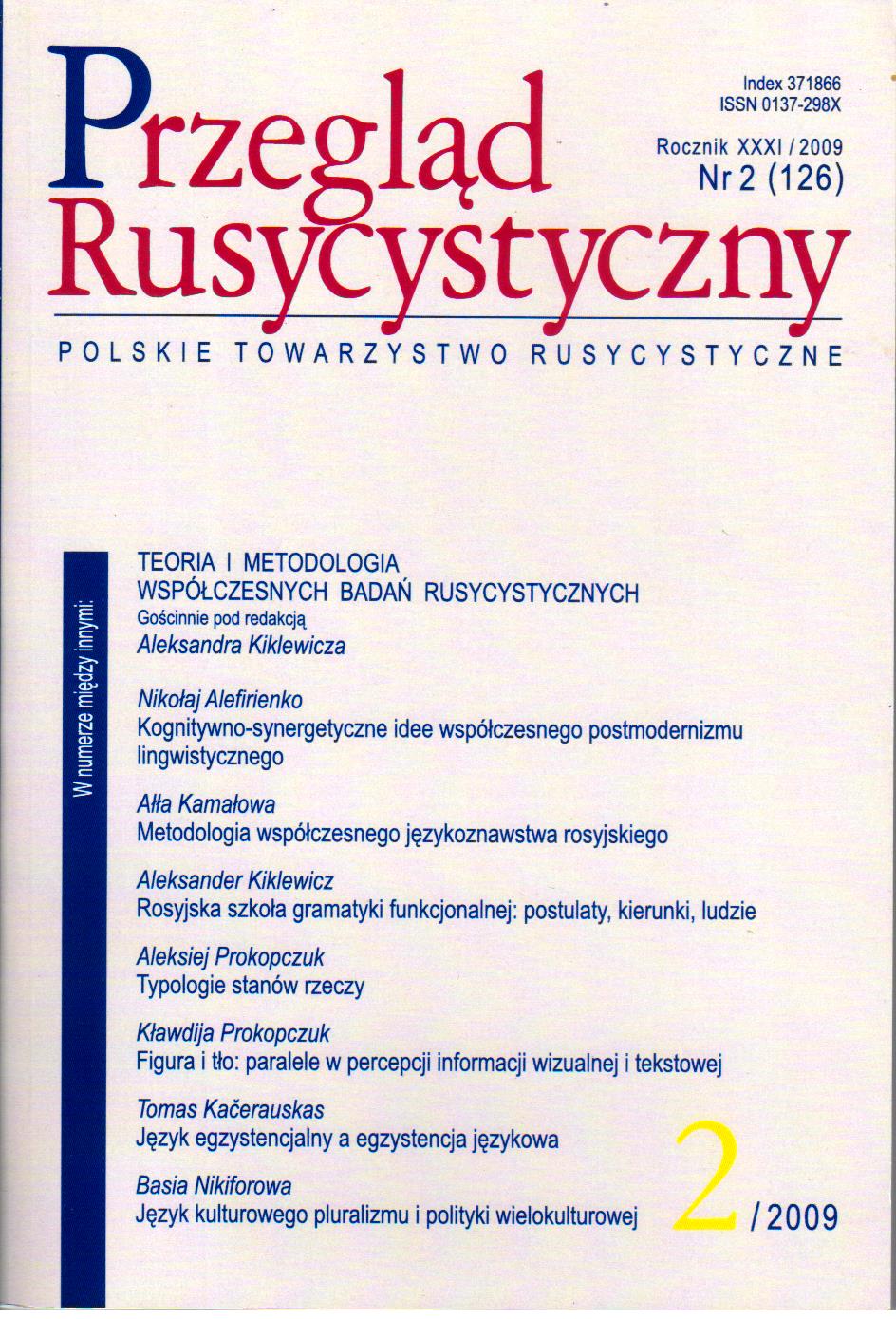
На пути к русскому классическому стиху (езда василия тредиаковского)
The article is the analysis the first among the author’s books of lyrics in Russian poetry. The deduction about the appropriateness and deep conformity to natural laws of the Russian transition to syllabotonic versification (against Gasparov’s competent opinion) is based on the prosodic analysis of Trediakovsky’s bilingual (Russian & French) syllabic texts.
More...
